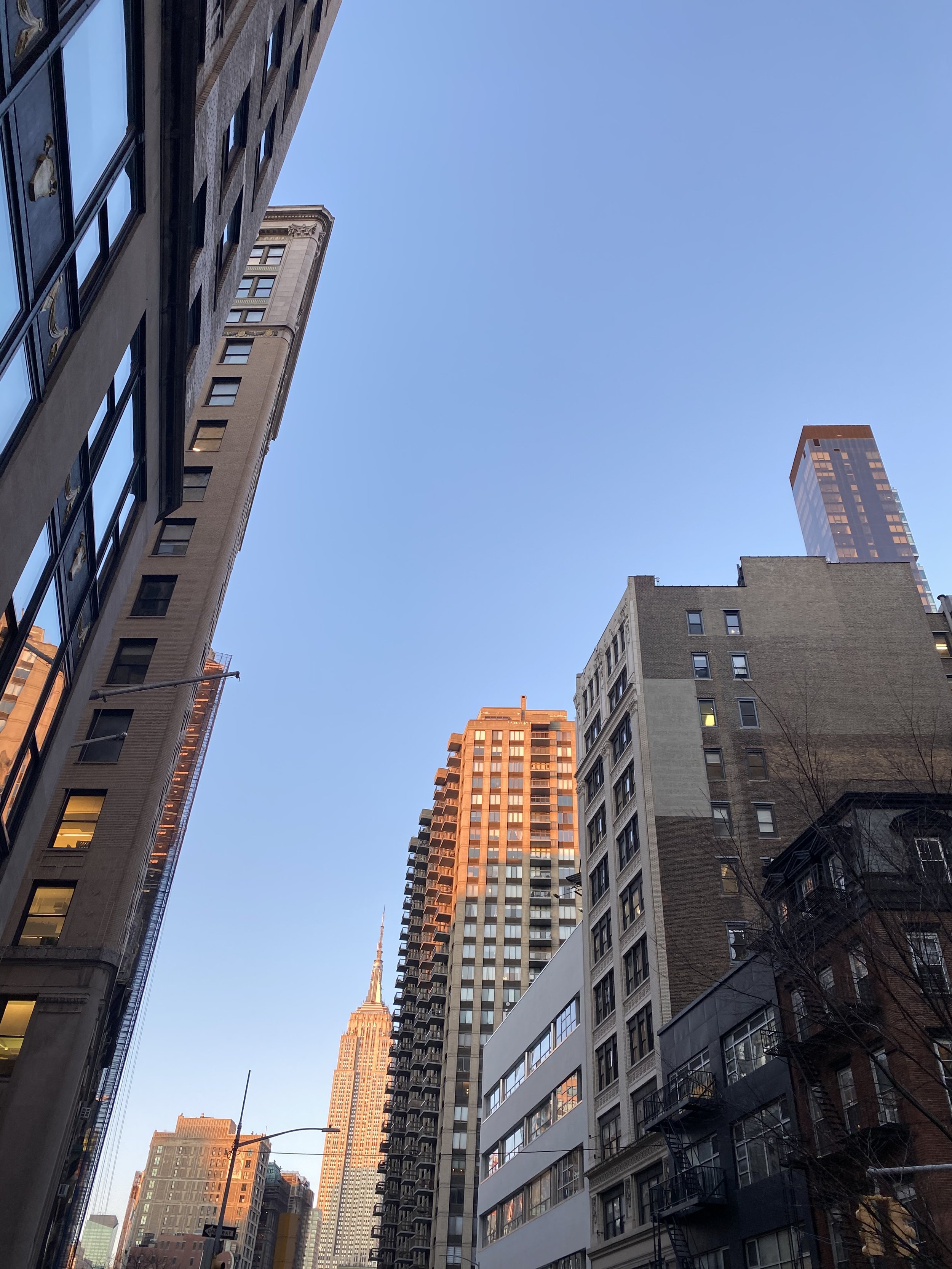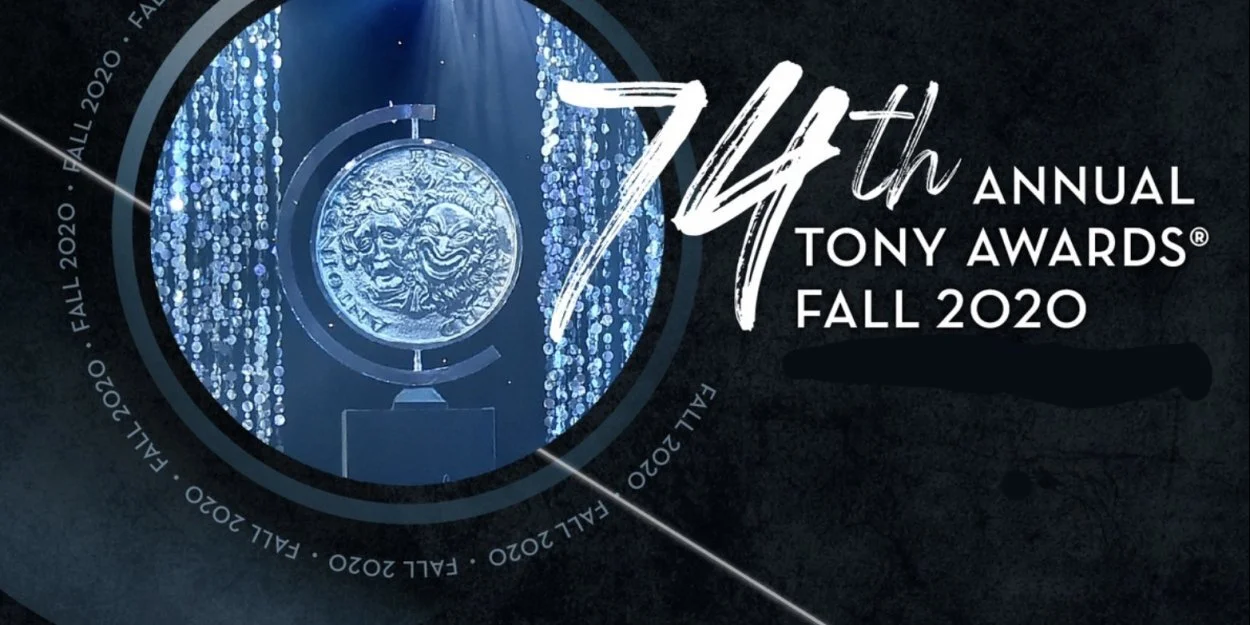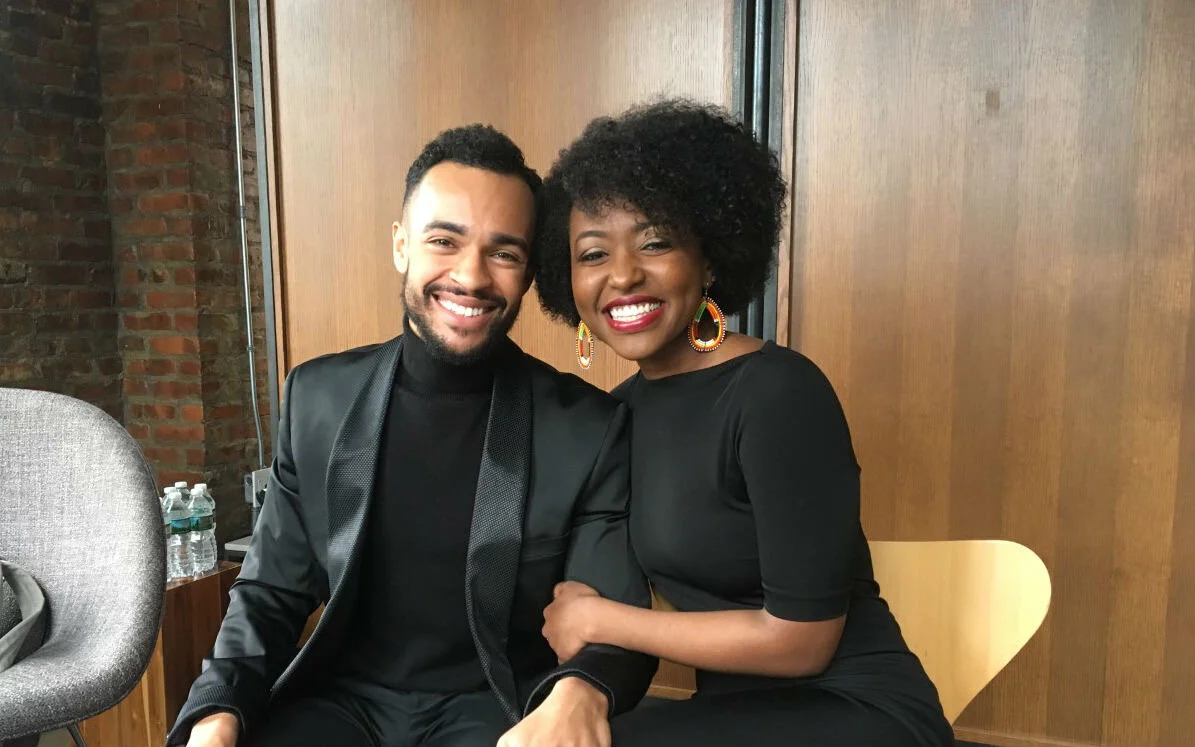Personal Finance For Actors 101
Our paychecks are sporadic. Our rent is astronomical. We have student debt. Savings funds?? Let’s just see if I can make rent. Retirement account?? I can’t focus on that, it’s too far away. Investing?? Out of my league.
The bad news: you’re going to have to learn about these things if you want financial freedom.
The good news: financial freedom is AWESOME and ATTAINABLE.
I have been living my life as a vagabond actor and trying to figure out this finance stuff so I can share it with you (since there are very few resources out there for anyone who isn’t a 9-5 office worker with steady income). Through trial and error, I have figured out a personal finance game that works for me and other artists, so here is a quick crash course to start you on your money journey:
1. Budgeting
This word has a lot of negative connotations associated with it, so from now on, let’s call it a “Spending Plan”. As artists, our income tends to be on the lighter side, which means it’s extra important we know where those dollars are going. So let’s give each dollar a job! But before you can do that you need to know where your baseline is. The first step is the easiest- for one month, write down every single purchase you make. Rent, groceries, Netflix, the 2$ Diet Coke you picked up on the way home from work, EVERYTHING. At the end of the month, you have a map of where you’ve been and it’s easier to see what you may be able to cut back. Now you can make a spending plan for the next month- see if you can stick to it. If you get to the end of that month and look back to see it didn’t quite work, adjust for the next month. Always be recording and always be adjusting! The best way to save money is simply to monitor your spending.
2. Savings
It’s hard to stick to a spending plan when you don’t have money coming in, right? This is the case for most actors- we are constantly between gigs or unemployed, so how do we maintain a consistent budget when our paychecks are anything but consistent? Savings, baby! Remember those cutbacks you made in your spending plan? That extra money should be going towards a savings account! You should strive for a few different savings funds, but the one I’ll focus on is the “Off-Contract Buffer”. This is what allows you to stay the course with your spending plan, even when no money is coming in. When you’re on contract and sticking to your budget, you should have excess money that is being saved up, which is what makes your Off-Contract Buffer nice and thicc. Then, when you’re between jobs, it does just that: buffers. You don’t have to panic, and you can take a breath while you try to find a new source of income. Savings are our safety net- this money allows you to remain calm when you have unexpected car maintenance, a surprise medical expense, or if you just need a week post-contract to sleep. (You can check out 5 Savings Funds Every Artist Should Have to learn more!)
3. Retirement
“Retirement is so far in the future! I’ll worry about it later.” I hate to break it to you, but that is so unbelievably wrong. But hey! Don’t stress! Opening a retirement account is stupid easy! And all you need is $5! Most of us are self-employed freelancers, meaning we don’t get the 401(k) benefits of a 9-5 office job. Lucky for us, there are many different types of retirement accounts that you can open on your own (you should research which is best for you, but a ROTH IRA tends to be the most popular among artists). It is important to start one of these accounts ASAP because of compounding interest. Compounding interest is our best friend. I’ll explain: I have two retirement accounts with the same interest rate. I contribute $200/month for 40 years to one and $400/month for 20 years to the other. The first account leaves me with $1,000,000 while the other only leaves me $275,000. That’s compounding interest (*mic drop*). The moral of the story is that time is valuable! Start small, and work your way up, even if it’s just $20/month- that’s going to turn into a hell of a lot more when your cute, old self withdrawals it at age 60.
4. Taxes
Taxes are confusing. Even if one year they start to make sense, a new tax law will come into play and they’re confusing all over again. If you can afford an accountant, great; if not, there are so many free resources you can use to help! Most public libraries host retired tax accountants who donate their time during tax season to help AARP members file, but it’s not limited to just AARP members (you can utilize it too)! The most important thing is to prepare for tax season. I have definitely been slapped in the face before finding out I owe the government a lot of money I didn’t expect because I worked a whole year on 1099’s. Now, I save throughout the year to not receive that slap in the face. Everytime an untaxed paycheck is deposited into my bank account, I transfer 12% into a separate account to save as taxes (you can google your tax bracket to find out your percentage). And if I end up not owing? I get my own refund!
You now have your first few actionable steps to bring you closer to financial freedom, so get to it! But first, give yourself some kudos for reading this article; it means your head is in the right place and you want to learn more. Being an actor is hard enough- we don’t need the stress of money hanging over us as we try to crush it in an audition room. If you’re itching for more, my favorite instagram accounts to follow are @heyberna, @zerobasedbudget, and @delyannethemoneycoach, and the books Broke Millennial and Clever Girl Finance are great jumping off points. Just know that I will always be your financial cheerleader from afar, so keep going! You got this!
Brooke Tyler Benson
Brooke Tyler Benson is an Equity Actor, Writer, and Content Creator based out of Sarasota, FL with a BFA in Acting from East Carolina University's Honors College. She strives to destroy the "Starving Artist" trope by sharing her personal finance research and experience with the freelance community. Her love for content creation and writing began while working for the brand Margaritaville in college (she’s a huge Jimmy Buffett fan and wants everyone to live on island time). Some of her favorite things are scrapbooking, a huge stack of library books, T-Pain, rainy days, her Passion Planner, cinnamon apple spice tea, and super soft blankets. btylerbenson.com @brooketylerbenson
































Master the art of self-taping with minimal equipment! This guide covers easy lighting, camera setup, and framing tips—perfect for actors auditioning for Heathers: The Musical and beyond.